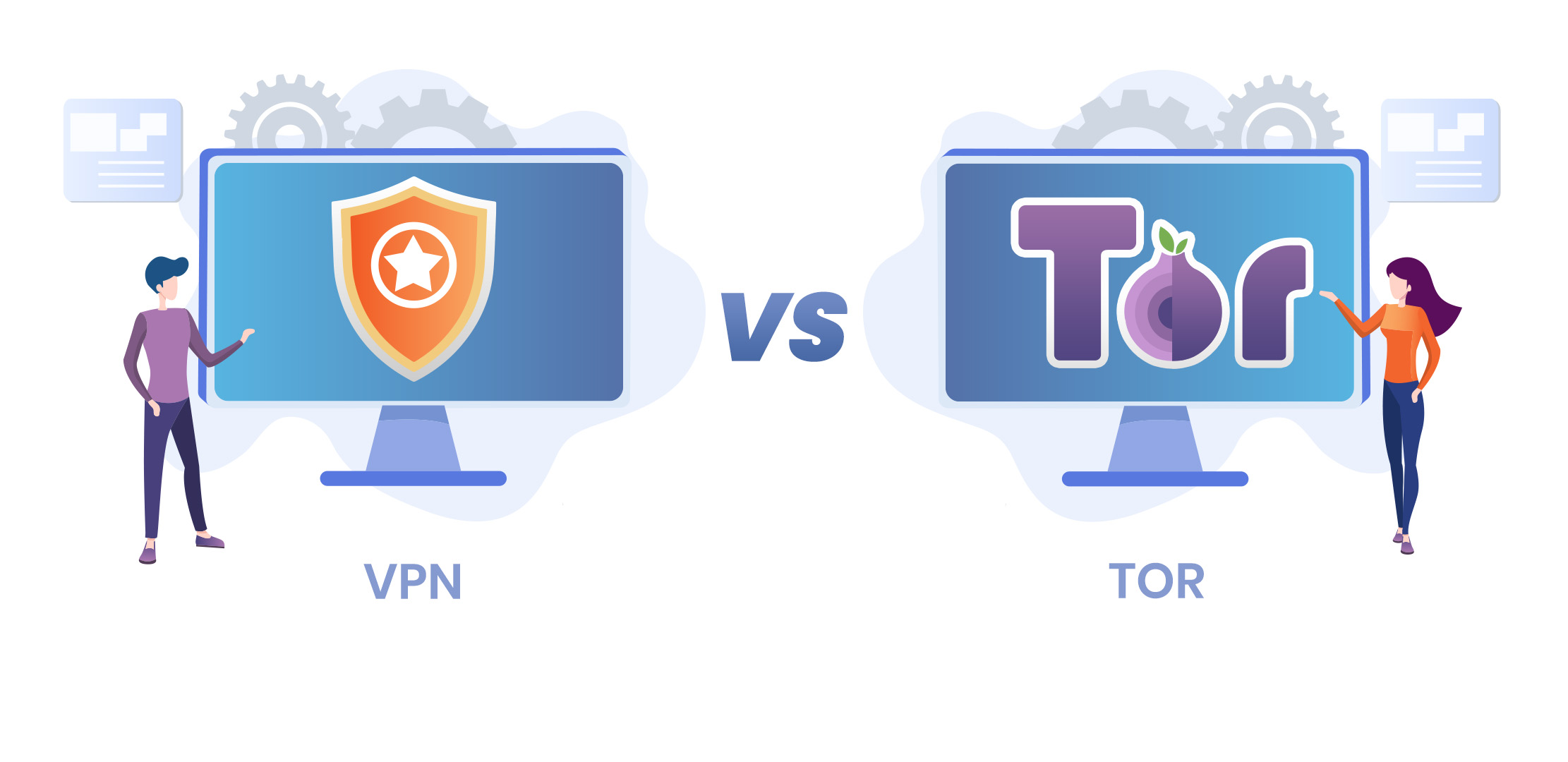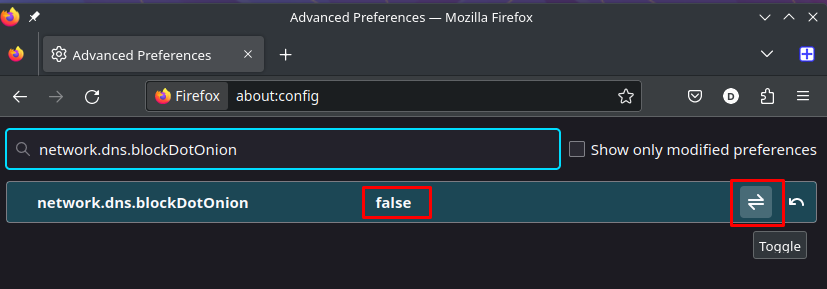Featured
Table of Contents
Tor Vs Vpn: Which One's Better? [Expert's Guide]
The creators describe Tor as software that assists safeguard you online. When you use the Tor Browser, it redirects your internet traffic through the Tor network of volunteer servers spread around the world.
Assists bypass geoblocking and censorship: if some website is blocked in your nation, Tor can enable you to access it. Slow: your data gets bounced via three random relays. For that reason, your connection can just be as quick as that of the slowest node. That's why lots of. onion websites look so barebone compared to regular sites.

Many Tor users would have to wait 3 times as long to download something. As Tor runs on a volunteer network, you can't know if your data isn't being intercepted.
Tor Vs Vpns - Anonymity Vs Privacy
Bad for accessing specific geoblocked material: it's challenging to gain access to geoblocked content that is only offered in a single country. Random node selection implies you can't actually control the country where your exit node and the IP service reads will be. Limited accessibility to sites: some everyday sites obstruct Tor network connections.
Being able to select what server you'll connect to, only routing information through a single server, and having the business take care of the servers ensures that the VPN connection is practically as fast as using unguarded web. Nevertheless, this approach is more pricey to preserve. Great web speed: considering that VPNs just bounce your signal via a single server, your connection is much faster.
This permits Tor to guarantee that none of the servers understand both the sender of the data and its location, while a VPN warranties better speed and an actual choice of server. Notably, a VPN can provide a multiple-server feature. Dynamic Multi, Hop enables Surfshark VPN users to select two servers to path their data through.
Vpn Vs Proxy Vs Tor: Learn The Key Differences In 2023
In truth, you must do so if you're accessing. onion sites. What's the advantage? If your internet traffic connects to the VPN server before the Tor network, the VPN server spoofs your IP. That implies that even if the Tor entry node is compromised, the interested party will not be able to get your IP address.
As long as you have actually a relied on VPN service provider, using the Tor web browser with a VPN might be a deserving trade-off. Tor and VPNs are privacy tools with comparable purposes.

Tor is more secure for sharing sensitive information or anything else that may put you at danger. In general, it's mainly for searching it's sluggish and not fit for downloading files or streaming. A VPN, on the other hand, is much quicker. It can also offer the exact same levels of security and privacy if you have a great and relied on supplier.
Tor Vs. Vpn: Explanation, Differences & Comparison
Tor will encrypt the Spotify website but not the app, while a VPN will encrypt both. Type of. Tor runs your data through several layers of encryption at the same time, while VPN service providers normally only utilize one layer. Still, Tor just encrypts the traffic that goes through the web browser itself.
Yes. Tor conceals your IP when you are trying to find something on Tor. It's essential to keep in mind, though, that this only applies to the browser itself. Any traffic that does not go through Tor will be exposed. Using a VPN with Tor can lead to web speed slowdowns: You are routing information by means of four servers; The VPN server and the Tor entry server might lie far apart.
VPN is much better for streaming, downloading, and other everyday uses. Simply put, the distinction is that Tor routes your web traffic via three random servers and secures it three times, VPN routes it by means of a single server of your choice and encrypts it as soon as, and a proxy just routes your traffic through a single server.
Tor Vs. Vpn: Is One Better Than The Other?
No matter why you wish to remain incognito online, you're most likely to pick a Virtual Private Network (VPN) or Tor internet browser. These are 2 of the most popular alternatives among those worried about protecting their digital identity. But if you are aiming to select one, which is the most ideal? To put it merely, Tor is best for those sending sensitive information.
So let us assist you choose which one is best. Here, we'll look into the following problems. Table of contents Tor and VPN are tools used to remain confidential online. These two carry out comparable but various functions. The Tor browser is a totally free, open-source job allowing you to surf the web anonymously.
Yes, the name sounds silly, but the concept behind it is fantastic: the Tor browser network is constructed of layers upon layers of independent nodes run by Tor users. A VPN assists you protect your online personal privacy by creating a safe connection to any network or server online.
Comparison Between Vpn And Tor Based On Cia Triad ...
The key distinction in between Tor and a VPN is that there are several VPN tools and service suppliers readily available but only one Tor browser network. Tor relies on a decentralized layer of independent nodes to transfer data securely, while VPN software links to a central server to provide a safe and secure VPN tunnel.
Latest Posts
Best Vpns For Remote Workers & Freelancers In 2023
Best Vpn Solution For Your Business
The Best Vpn For Business In 2023: Top 8 Corporate ...